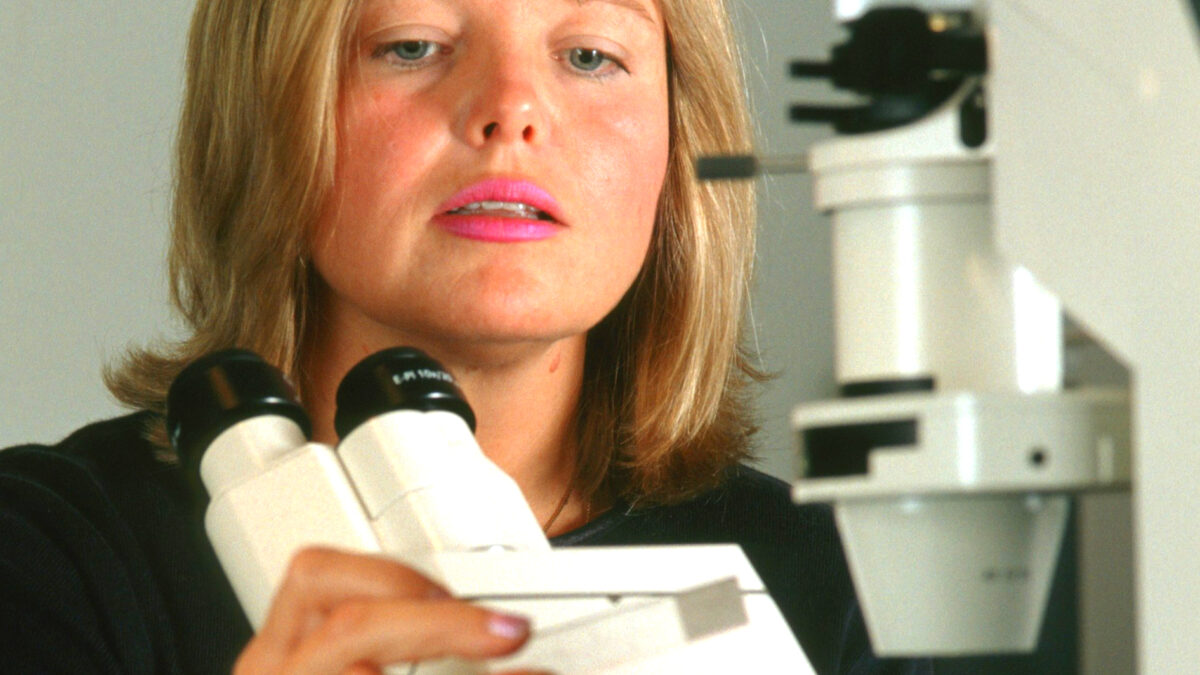Cancer cells differ from healthy cells in that they do not undergo the natural mechanisms of apoptosis (cell death) and can also evade the immune system. Over time, they accumulate more mutations, which causes them to grow aggressively and have the ability to metastasize, or spread, to other parts of the body.
Cancer cells develop when normal body cells undergo genetic mutations that disrupt their natural life cycle. In a healthy body, cells divide, grow, and die according to programmed mechanisms. However, when DNA is damaged—most often by external factors such as radiation, environmental pollutants, diet, or chemicals—cells can begin to divide uncontrollably. This damage leads to genetic changes that can prevent cells from properly correcting errors or preventing abnormal growth.
It is worth noting that both genetic and environmental factors affect the risk of genetic mutations. A healthy lifestyle, including a diet rich in antioxidants, regular physical activity, and avoiding risk factors such as smoking, can reduce the risk of developing cancer. For example, turmeric, and in particular its active ingredient curcumin, has documented antioxidant and anti-cancer properties that can help the body fight free radicals, helping to protect cells from damage.










